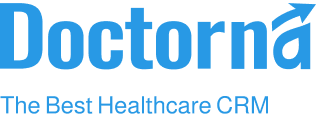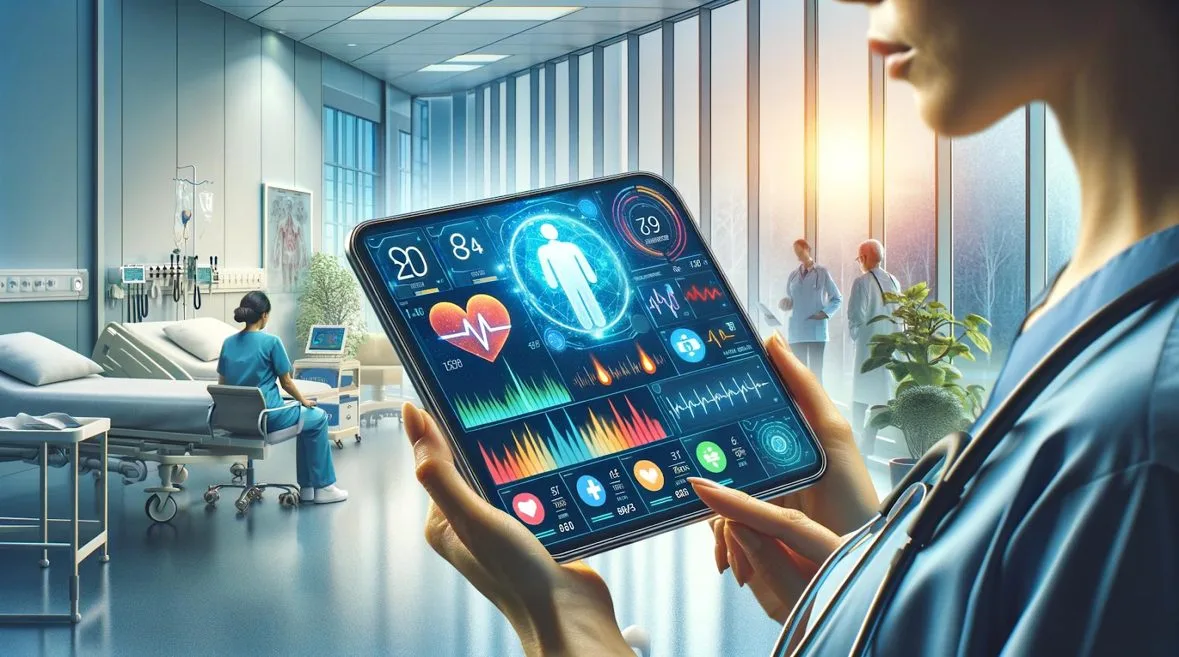The integration of cloud computing into the healthcare industry has transformed the way medical organizations operate, communicate, and deliver care. One of the most significant advancements in this shift is the adoption of cloud-based Customer Relationship Management systems. Understanding how cloud technology revolutionizes healthcare CRM is essential for healthcare providers who want to stay ahead in a fast-evolving digital landscape.
In the past, healthcare CRM platforms were primarily on-premise, requiring extensive hardware, maintenance, and IT expertise. Today, cloud technology has eliminated those barriers—making CRM systems more accessible, scalable, and efficient. From hospitals and clinics to telehealth providers and wellness brands, cloud-based CRM solutions have changed how healthcare teams manage patient relationships and clinical workflows.
What is Cloud-Based Healthcare CRM?
A cloud-based healthcare CRM is a system hosted on remote servers and accessed via the internet instead of being installed locally. Data is stored securely in the cloud, allowing healthcare providers to access patient information, communication tools, and analytics anytime, anywhere. These platforms combine patient relationship management with the flexibility and power of cloud computing.
1. Enhanced Data Accessibility Across Teams
One of the biggest advantages of cloud technology in healthcare CRM is real-time data access. With cloud-based systems, physicians, nurses, administrators, and marketing teams can all access the same updated patient information from any location or device. This enables:
- Faster decision-making
- Improved care coordination
- Better patient monitoring
- Enhanced telehealth experiences
Cloud CRM eliminates data silos and encourages collaboration, especially for multi-location hospitals or remote healthcare teams.
2. Improved Patient Engagement and Personalized Communication
Cloud-based CRMs allow providers to collect and analyze data that leads to better patient engagement. These systems help segment patient groups based on their medical history, preferences, behavior, and demographic data. Automated workflows ensure timely reminders, personalized follow-ups, and targeted campaigns.
This means patients receive relevant information, care instructions, or appointment reminders without manual intervention—improving satisfaction and compliance.
3. Stronger Data Security and Compliance
Security is a top concern in healthcare—and cloud technology has matured significantly to address it. Reputable cloud CRM platforms include built-in security features such as:
- Data encryption
- Multi-factor authentication
- Advanced firewalls
- Secure access control
- Automated backups
- HIPAA and GDPR compliance
By leveraging cloud security standards, healthcare providers can protect sensitive patient data while reducing the risk of breaches.
4. Cost Savings and Reduced IT Load
Unlike traditional on-premise systems, cloud-based CRM eliminates the need for expensive servers, storage systems, and ongoing hardware maintenance. Providers only pay for what they use, which makes cloud CRM a cost-effective solution, especially for small and mid-sized organizations.
Additionally, cloud CRM vendors handle software updates, security patches, and technical support—reducing the burden on in-house IT teams.
5. Real-Time Analytics for Data-Driven Decisions
Cloud CRMs offer powerful analytics that help healthcare providers track patient engagement, satisfaction, scheduling patterns, marketing performance, and clinical efficiency. Dashboards and reports provide instant insights that help improve decision-making and resource allocation.
For example, real-time CRM dashboards can help healthcare teams:
- Identify high-risk patients
- Monitor no-show rates
- Evaluate marketing ROI
- Track patient retention trends
- Measure patient satisfaction
With cloud analytics, organizations no longer need complex manual reporting tools.
6. Perfect Fit for Telehealth and Remote Care
Cloud technology and telehealth go hand in hand. As virtual care continues to grow, CRM platforms in the cloud support remote operations by enabling:
- Virtual appointment scheduling
- Secure patient communication
- Remote patient monitoring
- Automated follow-up messaging
This ensures patients receive consistent care regardless of physical location and supports the rise of digital-first healthcare delivery.
7. Scalability for Growing Healthcare Organizations
One of the biggest limitations of on-premise systems is scalability. Adding more users, storage, or features requires expensive upgrades. Cloud-based CRMs can scale instantly as needed, allowing healthcare businesses to grow or adapt without interruptions.
Whether expanding to multiple clinics, increasing telehealth capacity, or launching new departments, cloud CRM systems can support changing demands effortlessly.
8. Faster Deployment and Integration
Cloud CRM platforms can be deployed much faster than traditional systems. They also integrate easily with EHRs, telehealth platforms, billing software, and diagnostic tools through APIs. This seamless integration creates a unified experience for providers and patients, reducing friction and improving workflow efficiency.

Final Thoughts
There is no doubt that cloud technology is transforming the healthcare industry—and CRM is at the center of this digital revolution. By improving data accessibility, security, scalability, and engagement, cloud-based CRM has become a foundational technology for modern healthcare delivery.
Healthcare providers that embrace the cloud can operate more efficiently, connect more meaningfully with patients, and make smarter decisions based on real-time insights. That is exactly how cloud technology revolutionizes healthcare CRM, and why it continues to gain momentum across the sector.
As the demand for digital healthcare grows, cloud CRM will not just be an advantage—it will be a necessity for any organization looking to compete, innovate, and deliver exceptional patient-centered care.







